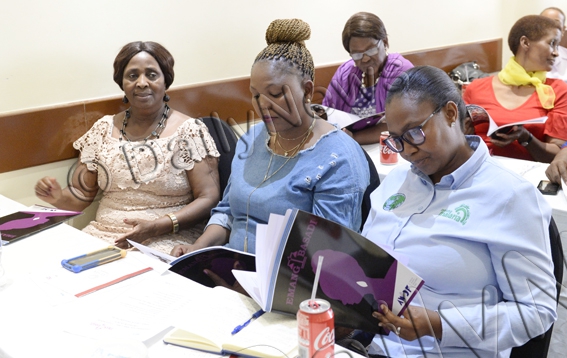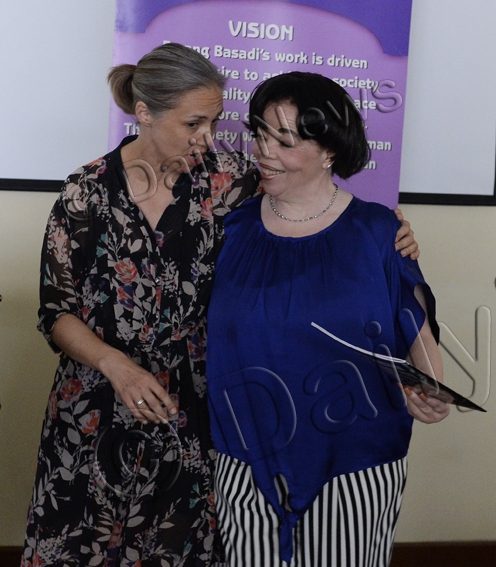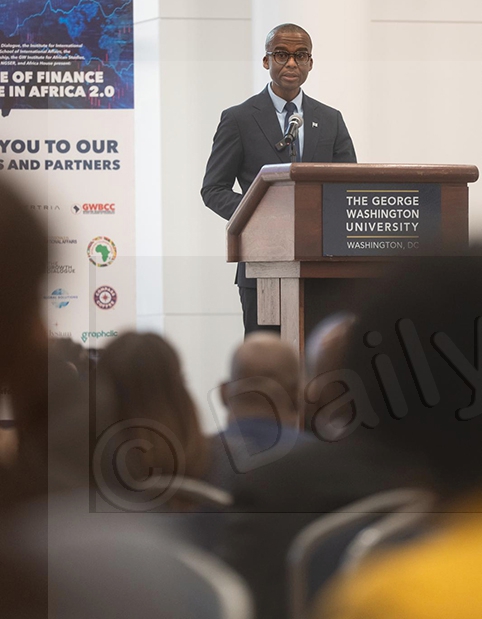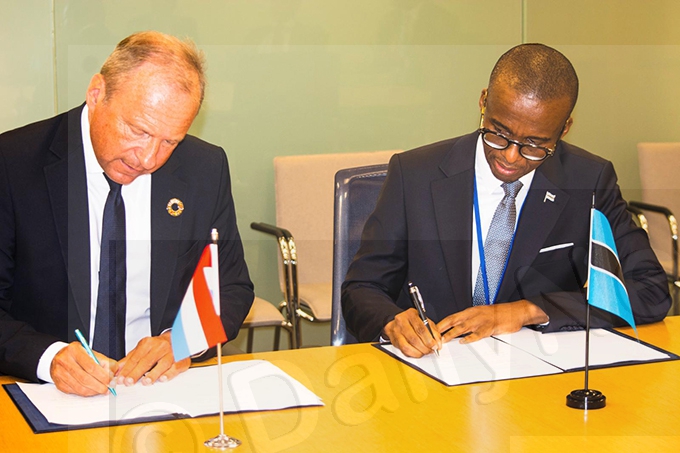Laws attitudes marginalise women from political participation
15 Oct 2019
Women in every part of the world continue to be largely marginalised from the political sphere often as a result of discriminatory laws, practices, attitudes and gender stereotypes.
This was said by the British Deputy High Commissioner, Ms Emily Summers during the launch of Emang Basadi research project in Gaborone recently which focused on the status of women in politics and was referred to as Mme o kae?
She said the research carried out by Emang Basadi women’s association, in collaboration with the African Women’s Development Fund was to gauge perceptions and attitudes of the political party leadership, activists, prospective women candidates, and general public; on women’s involvement and participation in political decision making.
“This project was done because it was abundantly clear that despite the significant progress that has been made on women‘s rights and equality, women remained woefully underrepresented in politics,” she said.
She also explained that women were marginalised from the political sphere for a number of reasons, be it discriminatory law, cultural practices and attitudes, gender stereotypes, poor access to education, lack of access to health.
Ms Summers cited an example of the UK female MP who delayed a cesarean section and entered Parliament in a wheelchair to cast a critical vote because there was no provision in place to allow a proxy vote.
“This incident speaks to parliamentary systems that were set up by in a time when society was much more patriarchal than it is now and parliamentary systems around the world have not yet caught up,” she said.
She noted that many women have overcome the odds and made it, although speaking to some of them it appeared this was often at a personal cost.
She said positive steps were being taken to support female politicians, though significant barriers remained.
Ms Summers thus noted the partnership of British High Commission with Emang Basadi attempted to understand such barriers in Botswana in the context of the elections happening this month.
She said Vision 2036 stated that Botswana would be a society where all men and women have equal opportunity to actively participate in the economic, social, cultural and political development of their country.
“In particular, emphasis will be placed on ensuring equal women’s participation in politics.
We need women in politics not because we need them to address women’s issues but because we need to broaden the voices, opinions and experiences of decision-makers,” she said.
Ms Summers stated that working with Emang Basadi, and building on previous work the British High Commission had done to support women interested in entering politics, the project would identify some of the main barriers that prevented women from entering politics in Botswana.
“By looking at gender and the 2019 election process, we wanted to identify interventions and design future activity to address some of these barriers with our partners over next five years, the main aim being to have strong, credible female candidates in the running for election in 2024,” she said.ENDS
Source : BOPA
Author : Naomi Leepile
Location : GABORONE
Event : Emang Basadi research project
Date : 15 Oct 2019








